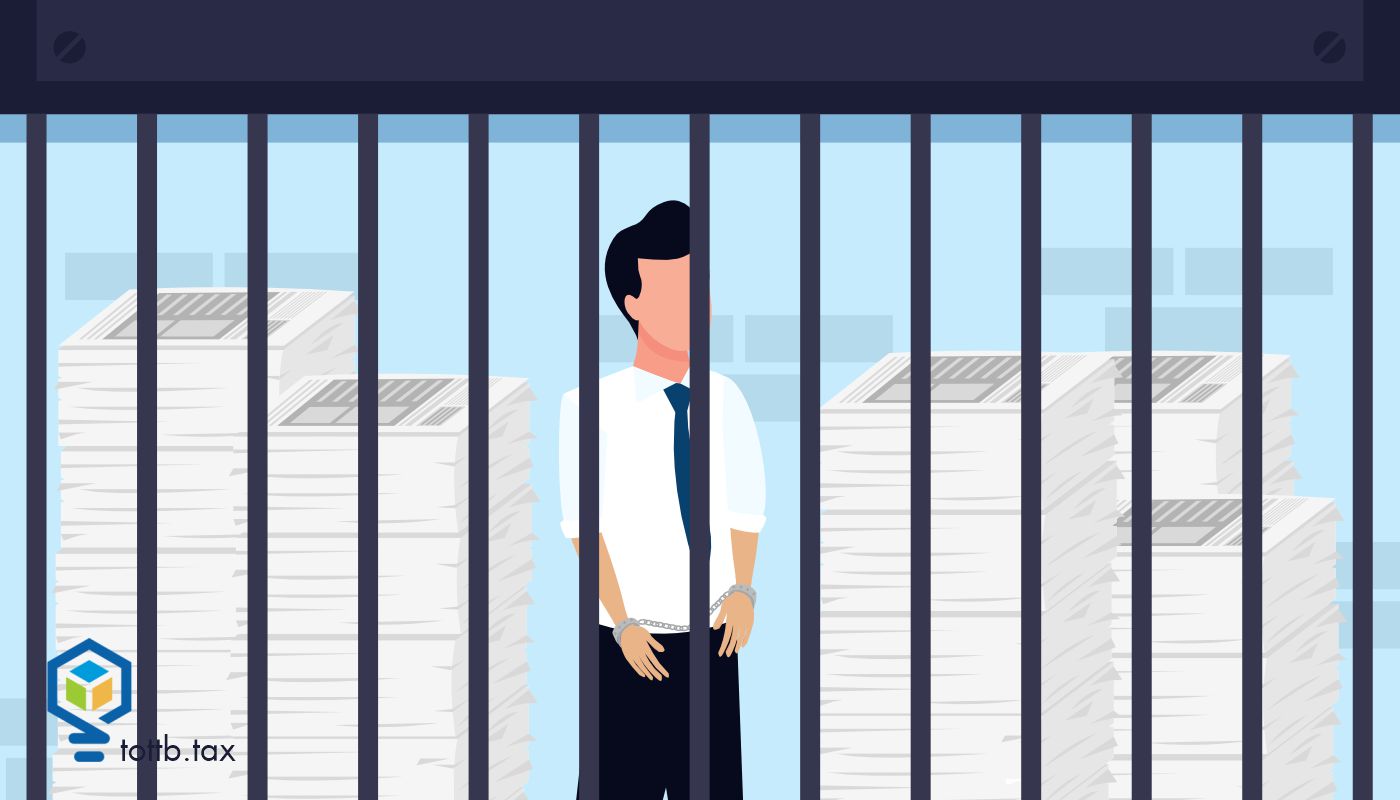John Anthony Castro is a colorful character. He entered several Republican primaries seeking the Presidential slot after failing to win the primary for a Senate seat representing Texas. He sued to have our once and future President Donald Trump be removed from the ballot on Fourteenth Amendment Section 3 grounds. As we can easily infer, those suits went nowhere. But more than anything, John Anthony Castro was a tax guy with a virtual practice with locations in four cities. Not anymore. Now he is resident in a Bureau of Prisons facility – the Federal Medical Center Fort Worth. On October 30, 2024, Judge Terry Means sentenced Castro to 188 months in prison, followed by one year of supervised release and restitution of $277,243, following his conviction on 33 counts of “Aiding and Assisting in the Preparation and Presentation of a False and Fraudulent Return." Does the sad story of John Anthony Castro hold any lessons for us? Perhaps.

Tackling Taxes On an Inherited HSA
The Health Savings Account (HSA) is a first line of defense tax strategy. Contributions are deductible and earnings are tax-free if used for qualified medical expenses. There are numerous features to the HSA that secure maximum tax benefits. Structured properly, an HSA can provide serious tax-free money to beneficiaries as well as the account holder. Before we review the implications of inheriting an HSA, let’s review some of the powerful features an HSA has that increases the value of the account.






